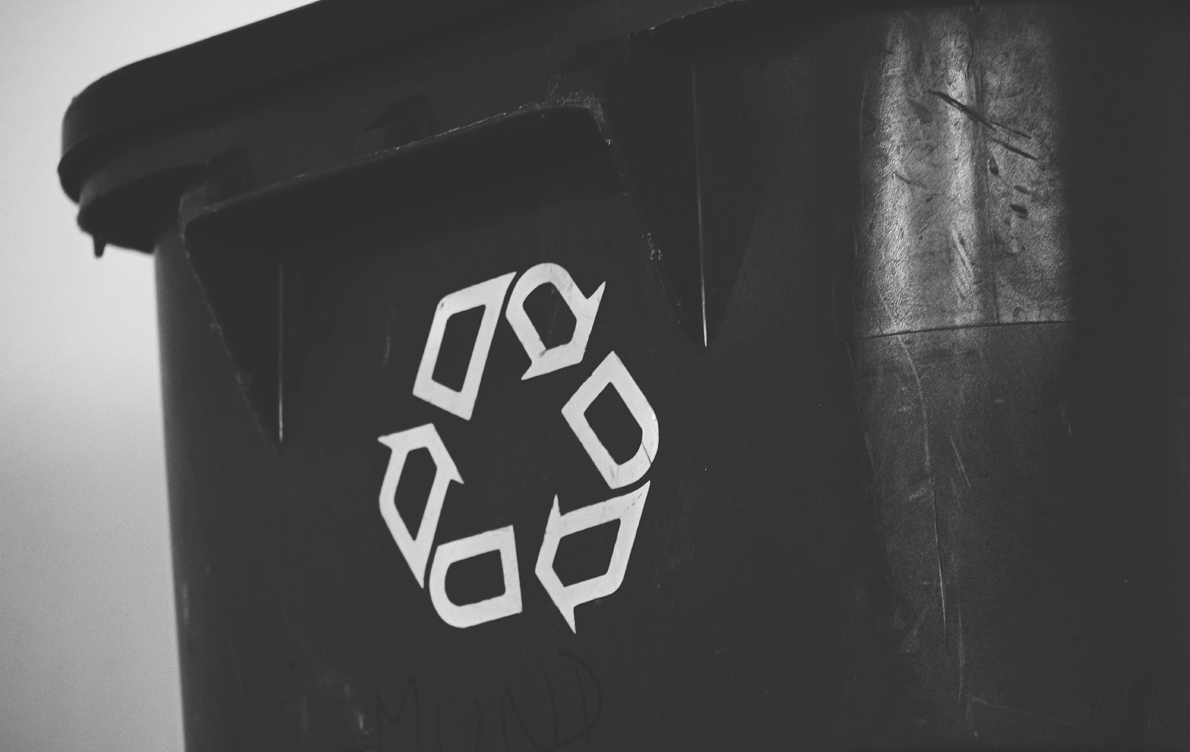Interim Regulations Passed That Revamp New Jersey’s Site Remediation Program
The Administrative Requirements For Remediation Of Contaminated Sites (“ARRCS”) were promulgated on November 4, 2009. These interim rules were issued pursuant to the Site Remediation Reform Act (“SRRA”) that was passed on May 7, 2009, which changes the way investigation and cleanups are conducted in New Jersey. These interim regulations include significant modifications to the New Jersey Department of Environmental Protection (“NJDEP”) Oversight Rules (replaced by ARRCS), and the Technical Requirements for Site Remediation (“Tech Regs”) that immediately impact existing and new cases.
These newly minted requirements apply to parties who are conducting environmental cleanups, sellers, buyers, and environmental consultants performing investigations and cleanups. The objective of the new program is to ease the burden of the NJDEP staff and case backlog by creating a Licensed Site Remediation Professional (“LSRP”) program. The LSRPs are environmental consultants with specified education and experience certified by NJDEP to perform investigations and remediation at sites in New Jersey. The new program requires the LSRP to make the decisions concerning the scope of any investigation and remediation of a site, not the NJDEP. Further, any submissions concerning the remediation of a contaminated site must be signed and certified by both the person responsible for conducting the remediation and the LSRP. In lieu of the NJDEP issuing a typical No Further Action Letter (“NFA”), LSRPs will issue a Response Action Outcome (“RAO”) certifying that the investigation and cleanup of the site was completed in accordance with the Tech Regs. However, please note that the NJDEP has a three year period in which it can “audit” the LSRP’s work, if not more, depending on the circumstances.
Contrary to previous indications by NJDEP, Irene Kropp, NJDEP Assistant Commissioner for Site Remediation, recently indicated the NJDEP will approve the vast majority of existing cases if they elect to “opt-in” to the LSRP program. The new program is designed to streamline NJDEP’s review of environmental reports by taking the majority of the work out of its hands and into the hands of the LSRPs.
If a party conducting a cleanup has reported the contamination to the NJDEP prior to November 4, 2009 and have “continuously” conducted the remediation since that notification, they will be deemed to be an existing case. If so, they may wait until May 2012 to utilize an LSRP. However, if a person initiates remediation on or after November 4, 2009, they have no choice but to hire an LSRP to conduct a cleanup of a site without prior NJDEP approval.
Highlights of New LSRP Program:
- In addition to NJDEP oversight fees being charged, there are new remediation fees that will be assessed depending on the number of areas of concern identified at a site and the type of media impacted (soil v. groundwater).
- There are numerous guidance documents and forms being created by the NJDEP associated with implementation of ARRCS and the modified Tech Regs. Although the majority of these forms have yet to be finalized, NJDEP is actively uploading them to their website (www.nj.gov/dep/srp/srra/).
- NJDEP has established mandatory timeframes for the completion of key phases of site remediation.
- Restricted use cleanups will be governed by presumptive remedies outlined by NJDEP at residential properties, daycare facilities and schools.
- Remedial action permits will be required for all restricted use remedies utilized in site cleanups.
- Responsible parties will also be required to establish a remediation funding source for the majority of cases, which would not have otherwise been required to establish such a funding source.
As the law continues to evolve on these matters, please note that this article is current as of date and time of publication and may not reflect subsequent developments. The content and interpretation of the issues addressed herein is subject to change. Cole Schotz P.C. disclaims any and all liability with respect to actions taken or not taken based on any or all of the contents of this publication to the fullest extent permitted by law. This is for general informational purposes and does not constitute legal advice or create an attorney-client relationship. Do not act or refrain from acting upon the information contained in this publication without obtaining legal, financial and tax advice. For further information, please do not hesitate to reach out to your firm contact or to any of the attorneys listed in this publication.
Join Our Mailing List
Stay up to date with the latest insights, events, and more





